- Info CenterHalogen SensiCLĒNE™ The MP5™ was created with stable calibrations and low maintenance as priority requirements. To that end,...Real Talk about "Continuous Monitoring" Chlorine Analyzer claims Some manufacturers of online chlorine analyzers are making bold claims...
- Industries & ApplicationsMaritime & Aviation
Potable Water
Airport & AirPLane Monitoring
Inflow Source Monitoring
Tanker Monitoring
INDUSTRIALCommercial Buildings
Industrial Processing
Applications - ProductsHalogen SensiCLĒNE™ The MP5™ was created with stable calibrations and...Real Talk about "Continuous Monitoring" Chlorine Analyzer claims Some manufacturers...
- Contact
- Cloud
Approvals & Certifications
Total Residual Oxidant Analyzers (TRO Sensors) Certifications & Type Approvals

The International Maritime Organization – is the United Nations specialized agency responsible for the safety and security of shipping and the prevention of marine and atmospheric pollution by ships. IMO’s work supports the UN sustainable development goals.
APPROVAL for Direct DPD Replacement without FA Retesting
The IMO’s GESAMP Ballast Water Working Group accepts Halogen’s amperometric chlorine sensor as equivalent to a DPD on Ballast Water Treatment Systems (BWMS). This approval is huge news for BWMS manufacturers who can now substitute Halogen amperometric sensors for older DPD technologies without repeating FA testing. Contact your IL for details.
HSI thanks RWO GmbH and the GESAMP Ballast Water Working Group members for their efforts on our behalf. Since both the US Coast Guard and IMO have opened the door, BWMS contractors and operators have an attractive alternative to DPD instruments globally.
A link to the subcommittee report is below. Full ratification is expected from MEPEC 78 in June 2023.
Link to the approval letter: https://lnkd.in/gJ8svRsC
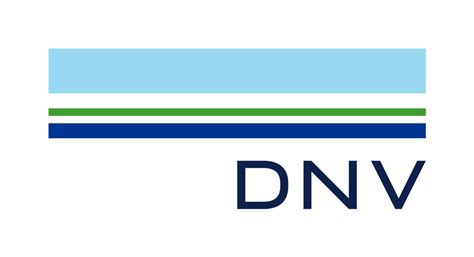
The world’s leading classification society and a recognized advisor for the maritime industry. As one of the world’s leading certification bodies, DNV helps businesses assure the performance of their organizations, products, people, facilities, and supply chains.
Ballast Water TRO Evaluation Test Report
“It is DNV GL’s opinion that the testing performed by HSI demonstrated that the amperometric TRO sensor by HSI may be applied by BWTS for measuring the TRO of the treated ballast water both during ballasting and deballasting operations. The HSI TRO sensor offers comparable performance to the online DPD based TRO sensors currently applied by BWTS.”
Link to the approval letter: DNV Approval 2020-02
20 ppm TRO Sensor Ballast Water Approval
Halogen Systems Inc. Incline Village, NV, USA is found to comply with DNV GL rules for classification – Ships and offshore units USCG Federal Register 46 CFR part 162, subpart 162.060-30
Link to the approval letters: DNV Approval 2021-03-04 / DNV Approval 2021-03
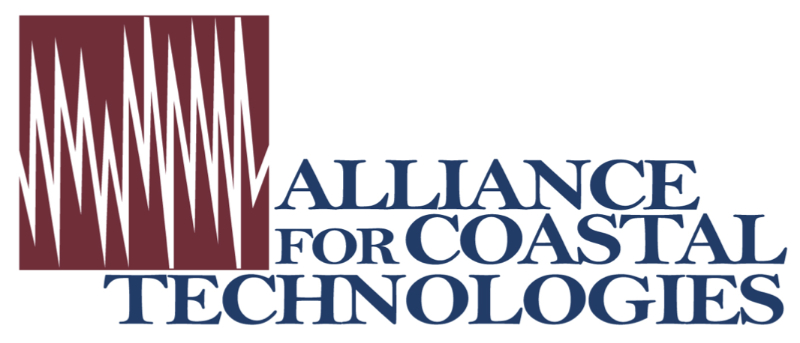
ACT is a partnership of research institutions, resource managers, and private sector companies dedicated to fostering the development and adoption of effective and reliable sensors and platforms for use in coastal, freshwater and ocean environments.
We evaluated the instruments based primarily upon quantitative measurements of accuracy and precision.
The verification measurements are described below:
- Accuracy is a measure of the closeness of a measured value to the true or known value. In this case, since there was no known or true value, the accuracy of the TRO instruments was determined by comparing measurements from the instrument to the reference method.
- Precision is a measure of the repeatability of a measurement. Instrument precision was determined by calculating the standard deviation of 12 consecutive measurements of a single, stable dose level.
- Reliability is the ability to maintain functionality of the device and stability of data collections over time. Reliability of instruments during the laboratory tests was determined in two ways. First, comparisons were made of the percent of data recovered as a proportion of the data that the device was intended to have collected over a set period of time. The physical condition of the instrument (e.g., physical damage, flooding, corrosion, battery failure, etc.) were qualitatively described.
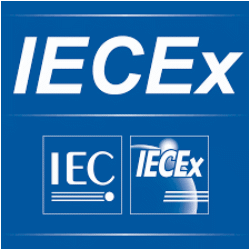
IEC and IECEx Approvals
The International Electrotechnical Commission (IEC) is one of the bodies recognized by the World Trade Organization (WTO) and entrusted by it for monitoring the national and regional organizations agreeing to use IEC International Standards as the basis for national or regional standards as part of the WTO Technical Barriers to Trade Agreement. IECEx is the IEC System for Certification to Standards Relating to Equipment for Use in Explosive Atmospheres. It uses quality assessment specifications that are based on International Standards prepared by the IEC.
Certificate of Conformity Of Our Amperometric TRO Sensor For Ballast Water
The apparatus… was found to comply with the following standards:
- IEC 60079-0 : 2011 Edition:6.0 – Explosive atmospheres – Part 0: General requirements
- IEC 60079-1 : 2014-06 – Edition:7.0 – Explosive atmospheres – Part 1: Equipment protection by flameproof enclosures “d”
- IEC 60079-11 : 2011 – Edition:6.0 – Explosive atmospheres – Part 11: Equipment protection by intrinsic safety “i”
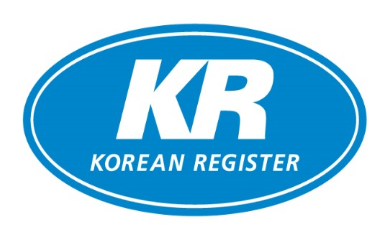
Korean Register Approvals
The Korean Registry (KR) is a not-for-profit classification society founded in 1960 offering verification and certification services for ships and marine structures in terms of design, construction and maintenance. An important maritime association, KR provides technical advisory services and certifications to the maritime industry. KR is one of eleven members of the International Association of Classification Societies (IACS) which creates the standards covering 90% of the world’s cargo-carrying ships’ tonnage. KRs rules and standards serve to safeguard life, property and the environment. HSI is proud of our KR approvals.
KR Type Approval Certificate - Ballast Water TRO
Approved in accordance with the relevant requirement of this Society’s Rules and/or of the recognized standard as follows and entered in the “List of Approved Manufacturers and Type Approved Equipment”. Pt. 6, Ch. 2, Art. 301 of the Rules for Classification, Steel Ships
KR Type Approval ATEX
Find this text from the certificate
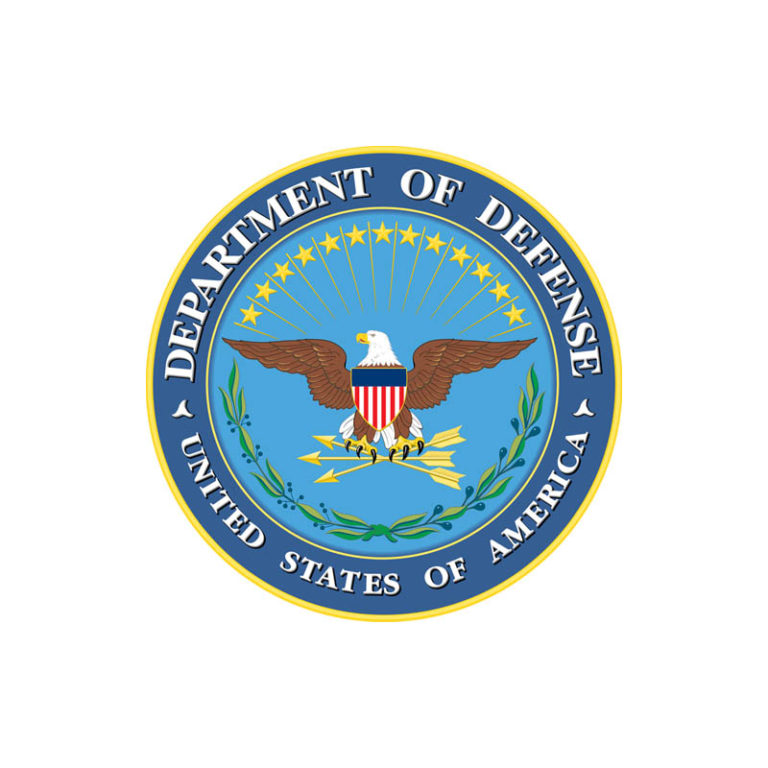
Small Business Innovation Research
Seawater has a relatively complex chemistry and is more corrosive than freshwater, all of which complicates the development of water-treatment technology. Halogen’s final product, which emerged through a years-long SBIR-supported process, from 2009 to 2015, is the Ballast Water Total Residual Oxidant Sensor (TRO). The reliable sensor rapidly measures salinity and both chlorine and bromine. It’s installed directly into the ballast pipe and doesn’t need reagents or membranes. Nor does it require much maintenance given its self-cleaning electrodes and built-in resistance to biofouling.
Municipal Drinking Water Chlorine Sensor Certifications
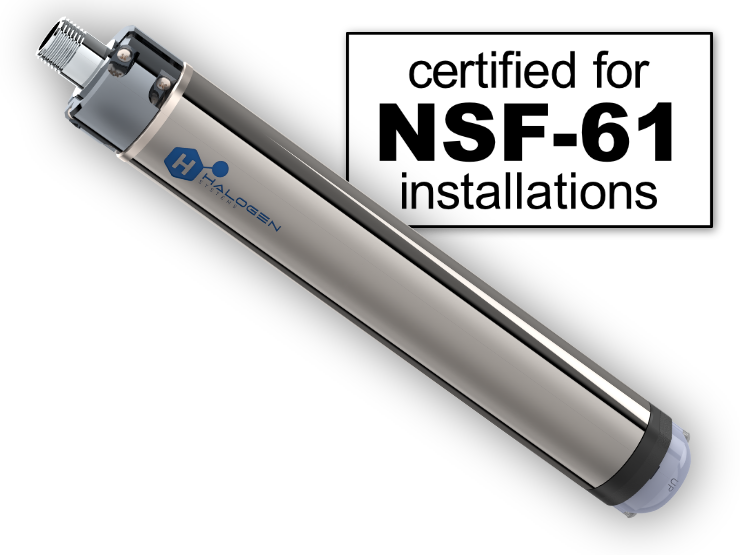
The Halogen MP5™ chlorine analyzer is approved for deployment in drinking water pipes with no required waste stream. We meet the requirements for both the NSF/ANSI/CAN 61 – 2020 & NSF/ANSI/CAN 372 -202 respectively.
The MP5™ can be deployed in-pipe, in a PVC tee, in side stream applications using a flow-cell, or simply submerged in a drinking water tank.
EPA Method 334.0
The Halogen MP5™ is EPA Method 334.0 compliant. This provides an added bonus of compliance monitoring and reporting.